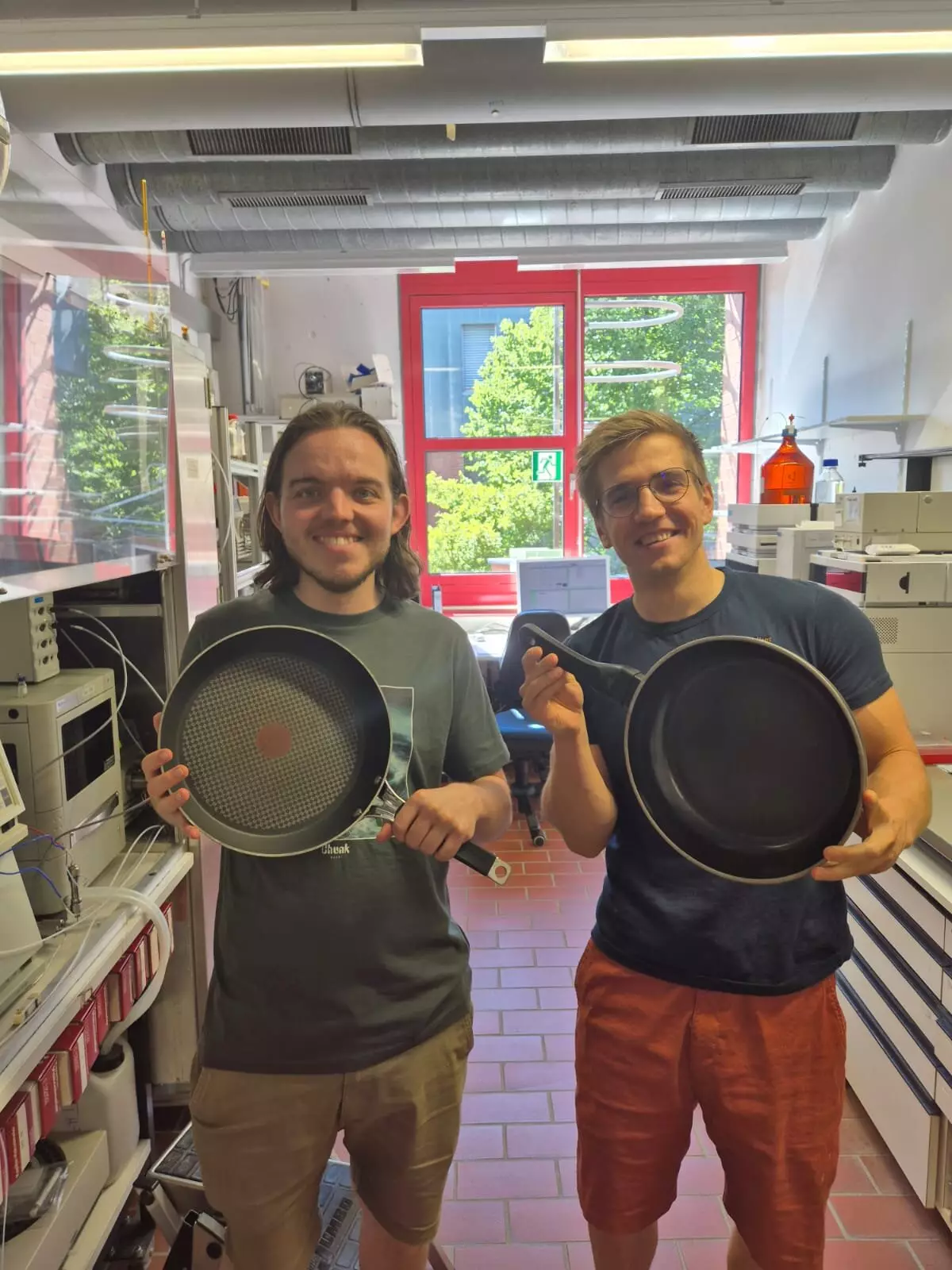Fluorinated polymers have long been indispensable in our daily lives due to their unique properties, such as water resistance and low friction. Found in products ranging from non-stick cookware to protective clothing, their utility cannot be overstated. However, these materials come with significant environmental repercussions, leading the scientific community to label them “forever chemicals.” These substances, particularly per- and polyfluoroalkyl substances (PFAS), are notorious for their longevity in our ecosystems, where they accumulate to troubling levels. Traces have been detected in remote regions, from the ice of Antarctica to human infants, raising alarms about their long-term impact on health and biodiversity.
Innovations at the University of Bayreuth
Researchers at the University of Bayreuth, in collaboration with counterparts in Berlin, have made groundbreaking strides in addressing the detrimental effects of traditional fluorinated polymers. They have crafted a new class of fluorinated polymers that boasts a remarkable degradation rate—20 times quicker than the conventional variants. This innovative approach not only mitigates the potential environmental hazards posed by PFAS but also offers an opportunity for resource recovery. In an era where sustainability is paramount, this development serves as a beacon of hope.
The newly developed polymers incorporate ester bonds, which facilitate faster degradation. This is a significant advancement, as fluorinated polyesters have been scarce in the field of polymer chemistry. The introduction of these bonds signals a crucial turning point in creating a sustainable cycle for fluorinated materials. By enhancing the breakdown process, these polymers resist the notorious stagnation associated with fluorine compounds, usually linked to their stability.
Unlocking the Potential of Reusable Fluorine
Perhaps the most exciting aspect of this innovation is the capability to recover fluorine from the degraded polymers. Prof. Dr. Alex J. Plajer highlights this feature, noting that the very element that typically hinders decomposition can be leveraged to accelerate it in this case. The recovered fluorine could then be reincorporated into various chemical processes, promoting a more circular economy for these essential materials.
The research team, led by Christoph Fornacon-Wood and Plajer, suggests that the design of future fluorinated polymers should integrate this capacity for degradation and recycling. This shift could not only alleviate the immediate environmental concerns associated with PFAS but also prepare us for a future where fluorine may become a scarce resource. As global populations and industrial processes continue to expand, the recycling of fluorine could forestall its potential depletion and keep costs manageable.
A Call to Action for Sustainable Practices
The implications of this research extend beyond mere scientific achievement; they emphasize the pressing need to rethink how we classify and manage plastics in society. As we inch closer to confronting climate change and ecological instability, innovations like these present essential pathways toward fulfilling our sustainability goals. By pushing the boundaries of materials science, researchers at Bayreuth and Berlin are paving the way for a future where fluorinated polymers can coexist with ecological balance, transforming an environmental liability into a resource for generations to come. It is imperative that industries adopt these alternatives and reconsider the traditional practices surrounding plastic usage, recycling, and production.

